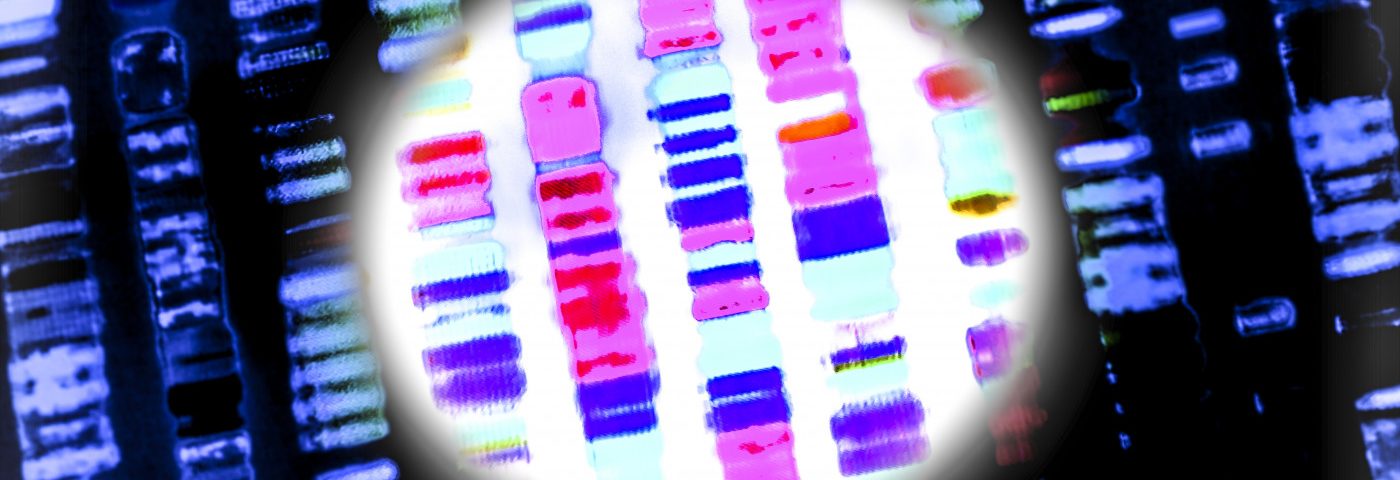A new study revealed that a variation in the gene of interferon regulatory factor 5 (IRF5) — a factor involved in cell growth, cell differentiation, and immune system activation — is associated with higher risk for juvenile idiopathic arthritis (JIA), according to a study conducted among a group of children in Iran.
The study, “Association of interferon regulatory factor 5 (IRF5) gene polymorphisms with juvenile idiopathic arthritis” was published in the journal Clinical Rheumatology.
IRF5 is a key factor in the expression of proinflammatory cytokines (cell signaling molecules) and type I interferon — a major component of the inflammatory response.
Many genetic variations, or polymorphisms, in IRF5 have been associated with increased susceptibility or protection for autoimmune disorders, namely rheumatoid arthritis, systemic lupus erythematosus, Sjogren’s syndrome, and systemic sclerosis. However, the possible association of IRF5 variations and JIA has not been addressed extensively.
To investigate this possible association, researchers enrolled 55 Iranian children with JIA (mean age 9.21 years) and matched 63 healthy controls. Patients with malignant or other autoimmune disorders were excluded.
JIA patients were randomly selected from those referred to the Children’s Medical Center, the main referral center for pediatric patients in Tehran, Iran.
The prevalence of three types of genetic variations was measured in DNA extracted from blood samples of each subject — namely rs10954213 A/G, rs2004640 G/T, and rs3807306 G/T.
For one of the genetic variants — rs2004640 T/G — the frequency of the variation rs2004640 T was significantly higher in JIA, being present in 69 percent of JIA patients versus 45 percent of healthy subjects.
In contrast, the variant rs2004640 G was significantly more frequent in the control group (54 percent) compared to JIA patients (32 percent).
According to the team, children with the rs2004640 T variant in the IRF5 gene had an increased risk of developing JIA, while children with the rs2004640 G variant had less chance of developing the disease.
For the other two gene variants — rs10954213 A/G and rs3807306 G/T — no correlation was found in regard to JIA incidence.
Overall, the study provides evidence that IRF5 rs 2004640 T genetic variant is a risk factor for JIA, whereas IRF5 rs 2004640 G variant may act as protective factor against the condition.
“The implications of these findings are that IRF5 polymorphisms are likely involved in JIA pathogenesis [development of the disease] and may be responsible in part for the production of the proinflammatory cytokines that are central to the progression of inflammatory arthritis,” the researchers wrote.
“Further studies with higher sample size will provide additional understanding of the association of IRF5 gene polymorphisms and heterogeneous clinical manifestation in JIA disease,” the team concluded.

